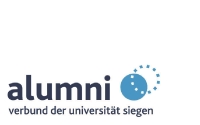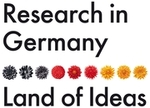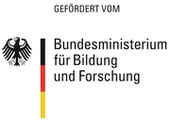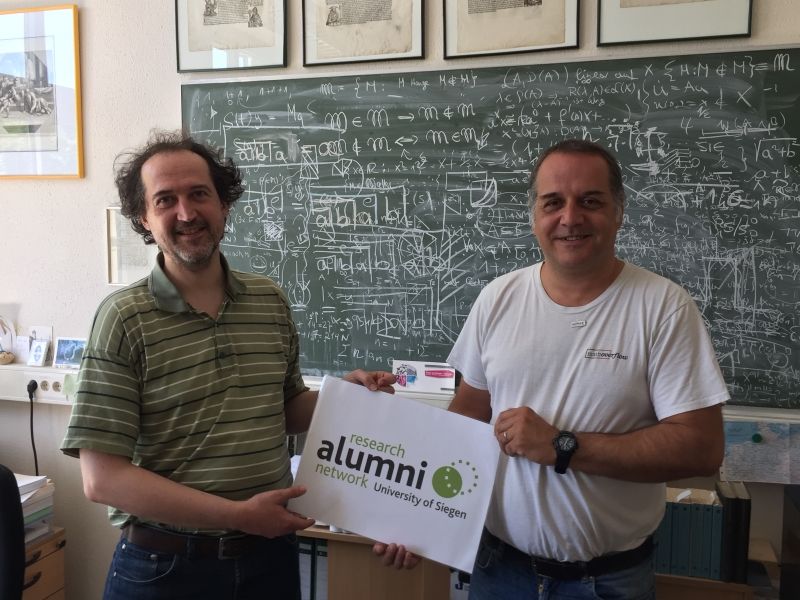- Alexander von Humbold-Stiftung prämiert Konzept zur Vernetzung der Forscher-Alumni
- Forscher-Alumni im "Querschnitt 5/2016"
- Forscher-Alumni im "Querschnitt 4/2017"
- Forscher-Alumni im "Querschnitt 1/2018"
- Forscher-Alumni im "Querschnitt 2/2018"
- Forscher-Alumni im "Querschnitt 3/2018"
- Forscher-Alumni im "Querschnitt 1/2019"
- Forscher-Alumni im "Querschnitt 2/2019"
- Forscher-Alumni im "Querschnitt 3/2019"
- Forscher-Alumni im "Querschnitt 1/2020"
- Forscher-Alumni im "Querschnitt 2/2020"
Prof. Dr. András Bátkai - Prof. Dr. Gregor Nickel
How does mathematics impact upon our society, and how can the teaching of mathematics be improved?
For many people, words such as philosophy, history, and society aren’t necessarily those which first come to mind when thinking about mathematics. Despite this mathematics has had and continues to have a big impact on society. To better understand societal, didactic and philosophical questions of mathematics, two mathematics professors are using an international research cooperation to regularly visit one another’s institutions to gain insights into these topics. This cooperation is occurring between Prof. Dr. Gregor Nickel and Prof. Dr. András Bátkai, a former Humboldt fellow.
Prof. Nickel and Prof. Bátkai first met one another during the 1990s, when they were both working on their PhDs at the University of Tübingen. Since then Prof. Nickel has gone on to become professor of Functional Analysis and Philosophy of Mathematics at the University of Siegen, and Prof. Bátkai is now a professor of Mathematics at the Vorarlberg teacher training college in Austria. Their common research interests include mathematical philosophy, history, and didactics.
The philosophy of mathematics examines many questions relating to how society is influenced by mathematics, this influence has been increasing in recent years alongside advances in technology. This topic is closely bound up with ethical questions on how mathematics is utilised. For example, if someone is able to use mathematics in a courtroom to show that there was a high statistical chance of someone having committed or not committed a crime, is it then ethical for a judge or a jury to take that into consideration when making their decisions? Especially when there is the potential for mistakes to occur? Another area in which mathematics has a decisive impact on society is in financial markets. Financial traders make trades based upon mathematical algorithms, small mistakes in how these algorithms respond to human behaviour can be disastrous for the world’s economic wellbeing. It can be argued to a certain extent that the improper use of mathematics caused the 2008 financial crisis. The development of mathematics itself is also an important topic, to a certain extent everything is connected: how was it decided which elements would be divided into different disciplines? To understand where mathematics is going, it is also necessary to understand where it came from.
The philosophy of mathematics examines many questions relating to how society is influenced by mathematics, this influence has been increasing in recent years alongside advances in technology. This topic is closely bound up with ethical questions on how mathematics is utilised. For example, if someone is able to use mathematics in a courtroom to show that there was a high statistical chance of someone having committed or not committed a crime, is it then ethical for a judge or a jury to take that into consideration when making their decisions? Especially when there is the potential for mistakes to occur? Another area in which mathematics has a decisive impact on society is in financial markets. Financial traders make trades based upon mathematical algorithms, small mistakes in how these algorithms respond to human behaviour can be disastrous for the world’s economic wellbeing. It can be argued to a certain extent that the improper use of mathematics caused the 2008 financial crisis. The development of mathematics itself is also an important topic, to a certain extent everything is connected: how was it decided which elements would be divided into different disciplines? To understand where mathematics is going, it is also necessary to understand where it came from.
George Pólya’s work is not only interesting from a philosophical perspective, but also a didactic one. It gives insights into important questions such as the best way for students to learn mathematics, and how can mathematical lectures be designed most effectively to facilitate this? Unfortunately he has not been taken seriously by many mathematical historians, and so there is relatively little research into his life and methods. Prof. Bátkai and Prof. Nickel hope to play their part in ensuring that the insights and methods of George Pólya are not forgotten.
Both professors were able to use a Return for Research grant, recently awarded to them through the Research Alumni Programme, to stimulate further cooperation between them and their institutions. During Prof. Nickel’s recent visit to Austria, he and Prof. Bátkai started looking into a new form of cooperation; Erasmus exchanges between Vorarlberg and Siegen for students and lecturers engaged in teaching. Such an exchange would be ideal because the teaching (Lehramt) programmes in both institutions have many similarities, and therefore fit well together. But students and lecturers can also learn a lot from the differences between both places.
In future Prof. Bátkai and Prof. Nickel will continue to work on their joint research, and hope to have a publication ready soon. They are also looking forward to the students and lecturers of Siegen and Vorarlberg benefiting from one another’s expertise through mutual visits.
This article is based on an interview with Prof. Dr. András Bátkai and Prof. Dr. Gregor Nickel and was written by Benjamin Wrigley.






